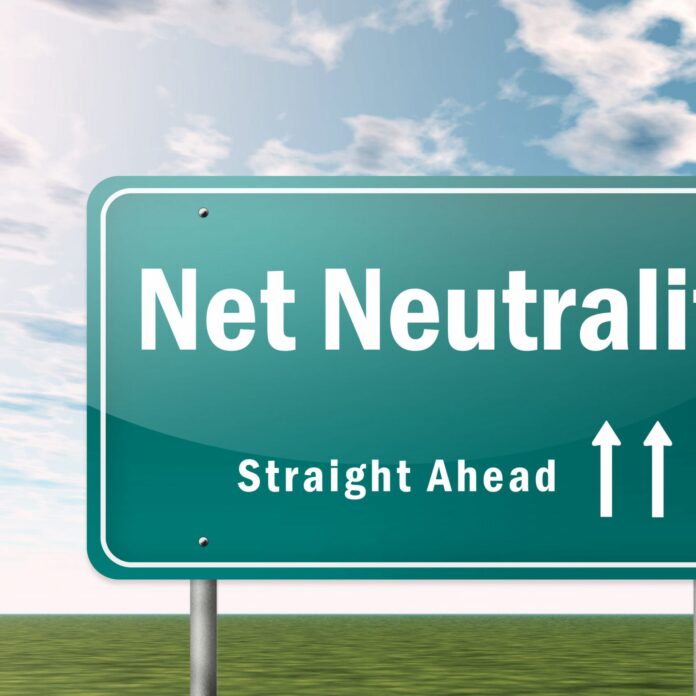WASHINGTON – Net neutrality may have been grudgingly accepted among Internet service providers and lobbyists, but the Title II order of the net neutrality rules remains an issue of contention.
As Internet Innovation Alliance Honorary Chair and former Virginia Congressman Rick Boucher explained to RCR Wireless News in an interview: “The virtue of net neutrality has been accepted by all providers. However the Title II regulation stems from an era of rotary telephones when there was only one telecommunication service and it was delivered in a monopoly setting. While Title II was certainly appropriate for that age, it’s not appropriate for the modern era of multimedia broadband services offered by the range of competitive service providers.”
Boucher’s viewpoint is supported by a recent Georgetown study co-authored by Kevin Hassett of the American Enterprise Institute and Robert Shapiro of the Georgetown Center for Business Policy.
In the study, they write that Title II regulation is “likely to increase costs and regulatory hurdles for providers. Introducing substantial, new regulation of the businesses that provide much of the Internet’s infrastructure and content could not only raise the cost and price of most Internet communications, it also could reduce the efficiency of most network arrangements that depend on Internet platforms, devalue the investments made in those platforms or based on them, and force many organizations to reorient their enterprises in ways that would minimize the costs of the regulation rather than maximizing efficient operations.”
“The uncertainty of Title II will likely cool the willingness of ISPs to make investments in their infrastructure, the net effect of which is that we won’t get the broadband build-out we otherwise would,” Boucher added. “Additionally, companies will be more cautious with new innovations. Essentially Title II hits the slow-down button and it’s the American consumer who will suffer.”
Boucher believes that there is a simple solution to the Title II issue and that is an act of Congress recognizing the principles of net neutrality and committing the Federal Communications Commission to light-touch regulation, positioning the commission as a case-by-case review enforcer.
Despite the sluggish pace at which legislation moves in Washington, D.C., Boucher believes now is an opportune time for bipartisan compromise on telecom policy, as the net neutrality issue has become integral to the U.S. economy and is likely to remain so for the foreseeable future.

